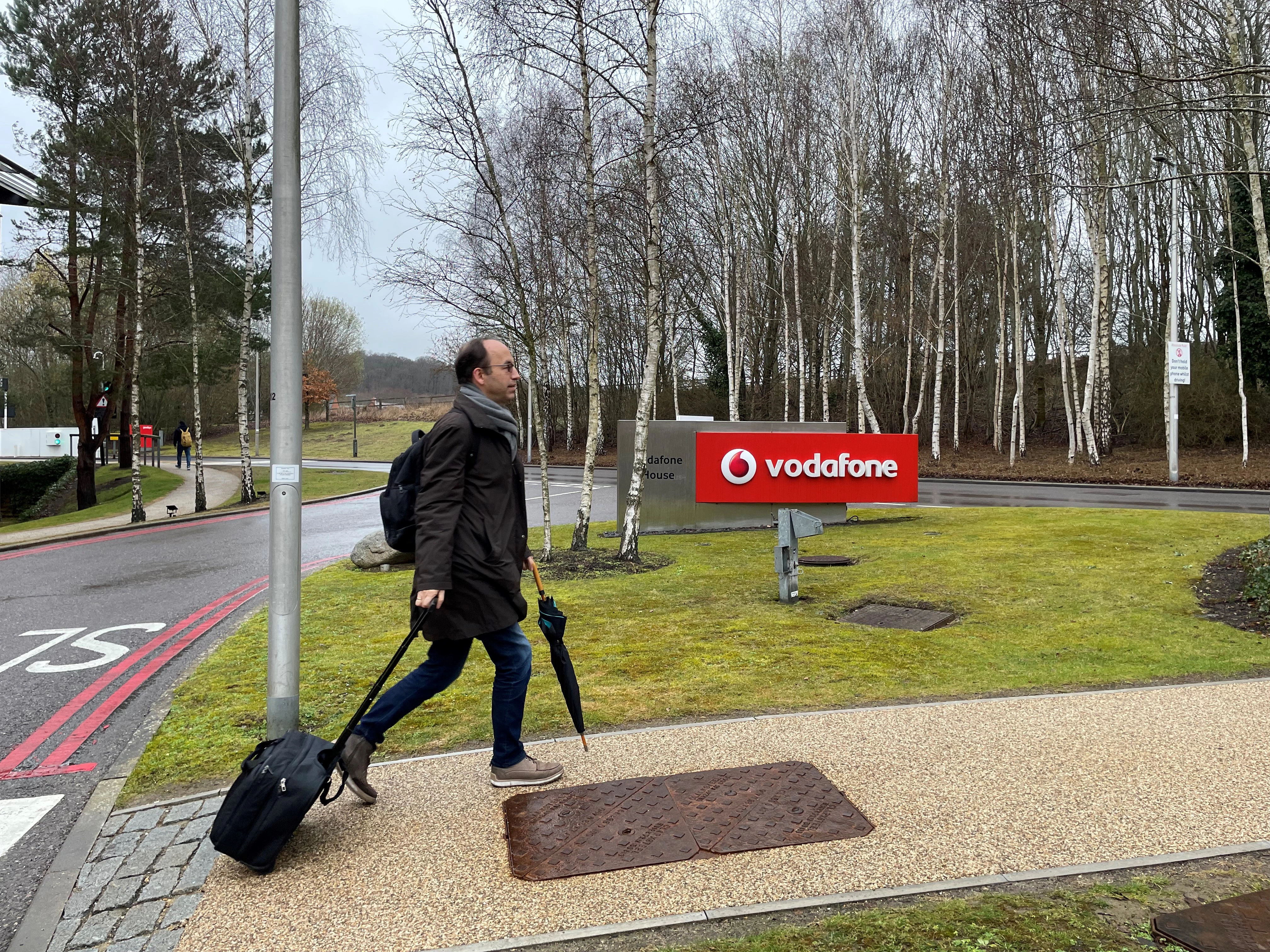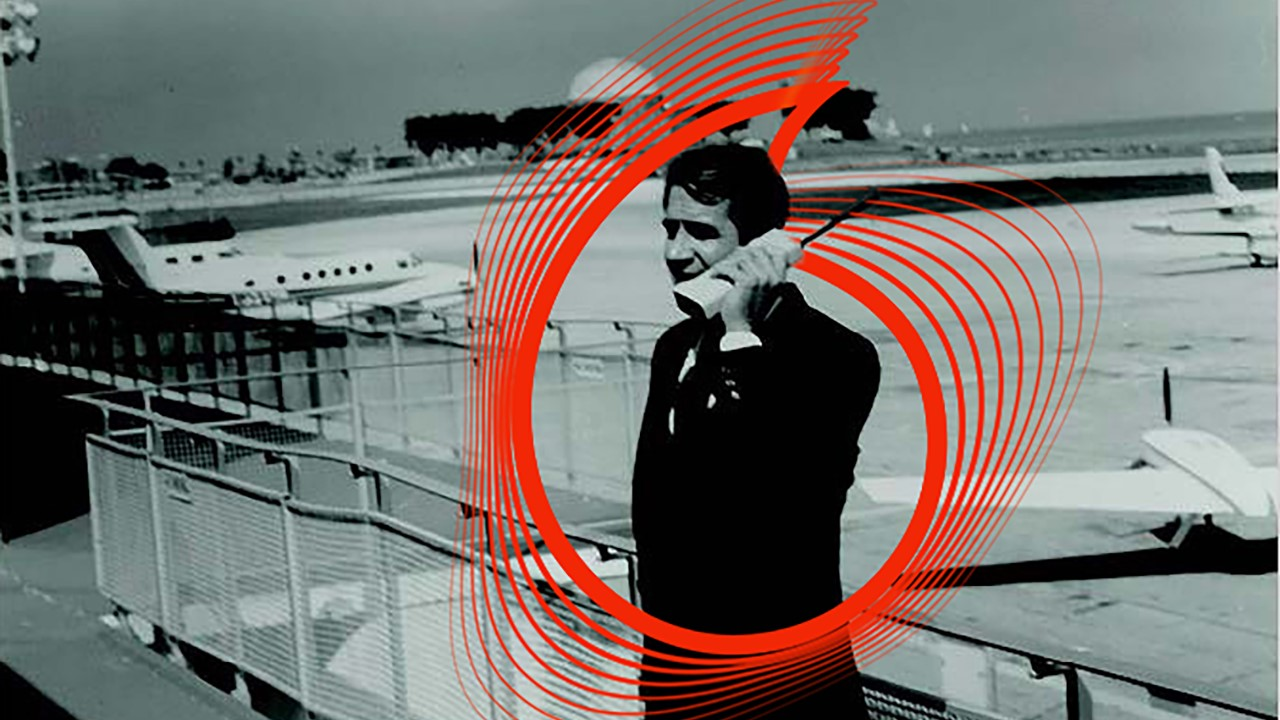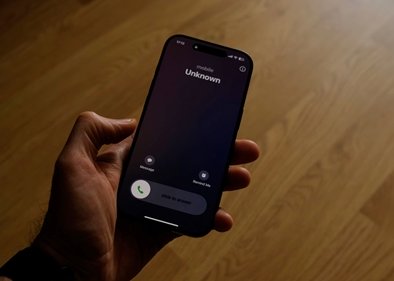Great technology is invisible. It works so seamlessly that customers never even know it’s there. For over three decades, roaming has been the power behind uninterrupted mobile service, wherever we travel.
Recent figures from Vodafone Business show that mobile roaming calls and data usage is now returning to similar levels to those before Covid grounded most travel. And last year in the shadow of the pandemic, roaming turned 30 years old.
This milestone passed with little fanfare, so a little belatedly, here is a celebration of airport selfies, holiday videos and facetime calls home.
The first to roam
Roaming was born out of a need for increased commercial cooperation between the Nordic countries. Collectively, they introduced the first mobile system with limited regional roaming features in the early 1980s called NMT (Nordic Mobile Telephony), which allowed people to use their ‘luggage-sized’ mobile phones between Finland, Sweden, Denmark, and Norway.
In 1992, Vodafone signed the first international mobile roaming agreement with Telecom Finland, based on the emerging European standard called GSM (Global System for Mobile Communications).
It was a breakthrough moment and signalled the catalyst for cross-border mobile communications.
Before that, when people travelled abroad, their phones just didn’t work.
Volkmar Hammer, Vodafone’s Head of Standards, says: “In the 1980s, mobile phones were as large as suitcases, and less useful abroad. They didn’t work. At the time, telecommunications companies only operated locally, meaning that each country had different network protocols and technologies.”

Volkmar Hammer, Vodafone’s Head of Standards
This era is referred to as first generation mobile (1G), Volkmar explains.
As international travel took off, mobile operators looked for a way to standardise processes and interoperability. They wanted phones to instantly make and receive calls across more European countries, and their customers needed to be charged correctly and securely.
The European Telecommunications Standards Institute (ETSI) was formed to write Europe-wide mobile phone standards underpinning roaming. These gave rise to a European regional mobile service - the “Global System for Mobile communications” (GSM), which became the second generation (2G) mobile standard.
Thanks to the introduction of this common European standard for roaming, GSM became hugely popular and today is the standard of choice for 80% of the world’s mobile phones.
With trade barriers removed along with the iron curtain, every European country jumped on the opportunity to deploy the standard to promote new industries, including tourism and business travel.
A Global Sensation
Following the success of GSM, countries such as the US, Japan and South Korea decided to follow suite. They came together with ETSI to develop the 3rd generation mobile system (3G) in 2000. As a result of 3G, roaming grew from its European roots and became a global sensation.
2G and 3G roaming presented handset manufacturers with new, global markets and was the starting gun in a race to shrink the mobile ‘suitcase’ phone into something one could place in the hand, and in hand luggage. It also meant handsets became more accessible and affordable to many more people.
“When I led deployments of 2G and 3G networks for Vodafone in rural India, I remember that it really was the power of global standards that made these technologies accessible to everyone,” added Volkmar.
“Today, we still play a central role in the driving progress within the global mobile technology industry through organisations such as the third Generation Partnership Project, known as 3GPP, and the GSM Association, or GSMA.”
Vodafone has amassed a huge roaming footprint comprising more than 700 operators in 210 countries. This also includes 5G roaming agreements with 106 operators in 66 countries.
Controversy
Despite its efficacy, roaming has shouldered its share of criticism, mostly from the early years when “bill shock” stories were regularly featured in the newspapers due in part to high costs imposed by some host operators.
These days most operators offer competitive roaming packages where charges remain, and European Union countries have long enjoyed the freedom of roam-like-home services pioneered by Vodafone.
Now, it’s easier to see the enormous commercial and social benefits roaming has brought both business travellers and holidaymakers.

800 Companies Setting Standards
To ensure roaming continues to be seamlessly and invisibly effective even as technologies evolve, commonly agreed standards are still essential. 3GPP is today made up of more than 800 member companies worldwide.
They meet regularly (thanks to roaming) to agree the best approaches to enhance 4G and 5G, and prepare for 6G, as well as swap notes on the best way to switch off 3G and 2G and channel the valuable radio frequencies into the more energy efficient modern technologies.
Despite its vast membership, Volkmar points out that all decisions made in 3GPP are consensus based and driven by scientific rigour to reach a solution that benefit the end user.
“Vodafone has played an active role in 3GPP since its inception. We have 10 full-time 3GPP delegates, with one of them representing Vodafone at the Board of ETSI, which is 3GPP’s European Standards Development Partner. In recognition of our important standardisation work, Vodafone was one of four recipients of 3GPP’s Tech Emmy Award in 2022,” Volkmar proudly stated.
As an active member of the GSMA, Vodafone also works with other subject matter experts to create frameworks for operators and vendors worldwide. These are designed to ensure customers continue to receive a seamless worldwide roaming experience no matter where they travel, or what new handset and service they are using.
Geo-political tensions
The roaming experts also continually work to maintain interoperability interconnection with other networks, billing accuracy, device compatibility, fraud, and security protection with the release of every new software upgrade.
They stick rigorously to the roaming guiding principles borne out of the Nordic region more than 30 years ago, despite escalating geo-political tensions which threaten to drag us back to the fractious nature of regional standards.
Back then, before 3G, one would have needed to carry at least three different handsets if travelling through Europe, the US and Asia.
Volkmar is also quick to recognise his colleagues from Vodafone Roaming Services. “Without this team, we wouldn’t have managed and negotiated roaming deals with operators in 210 countries, allowing Vodafone to connect people and devices across the world at the highest quality and the best footprint for all technologies. This is no mean feat; many drive a hard bargain.
“But throughout, they have worked closely with our technical experts to build a roaming network that is hard to beat. And despite the world’s political and environmental troubles, we remain focused on keeping today’s roaming fabric in place to support our customers wherever they may roam.”

























